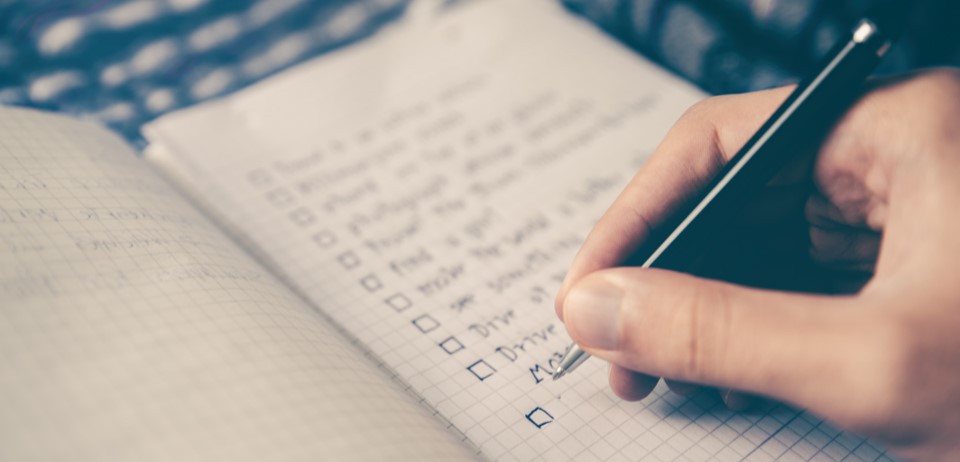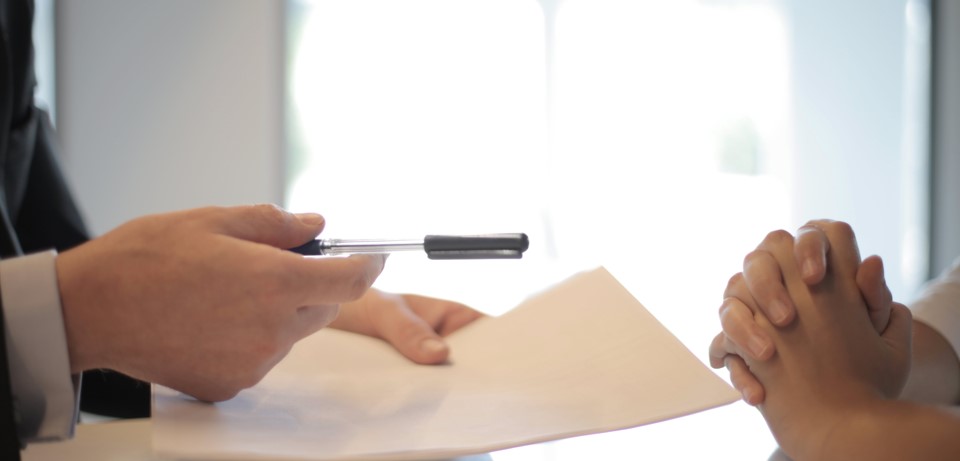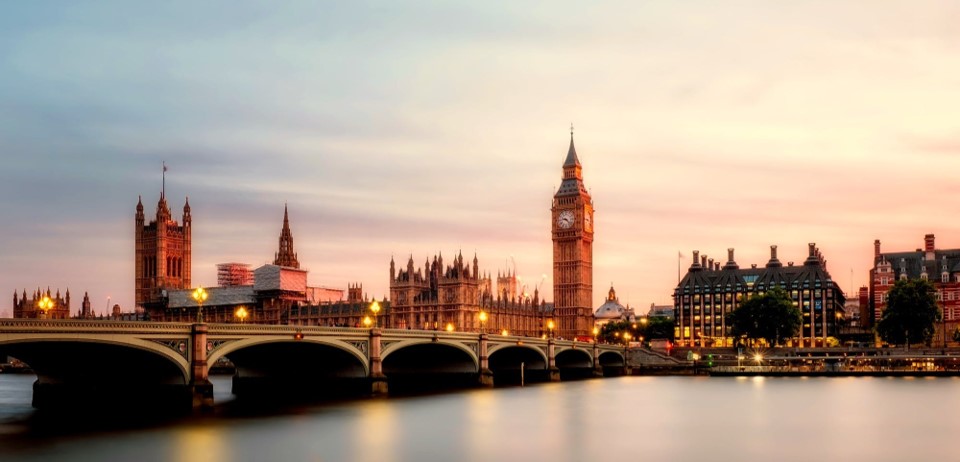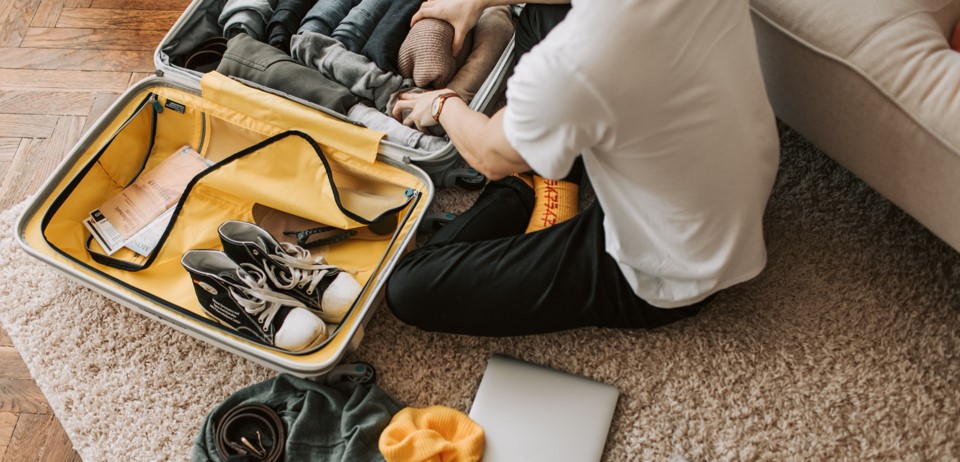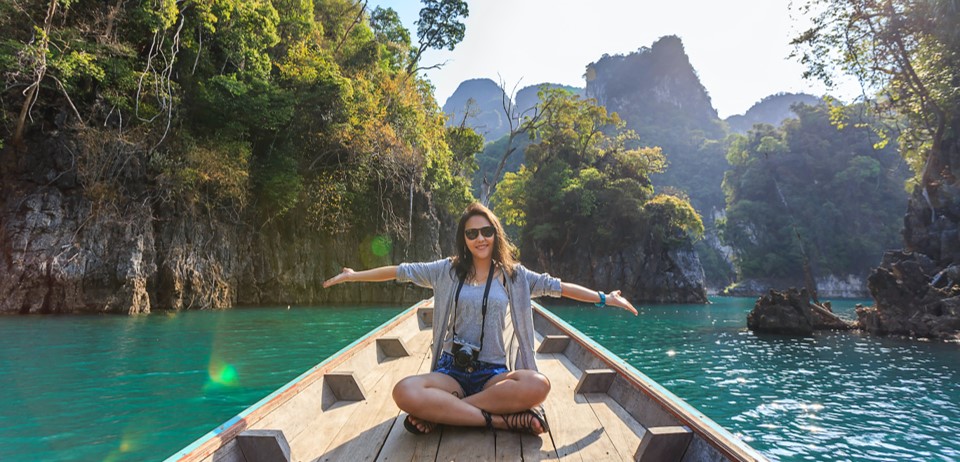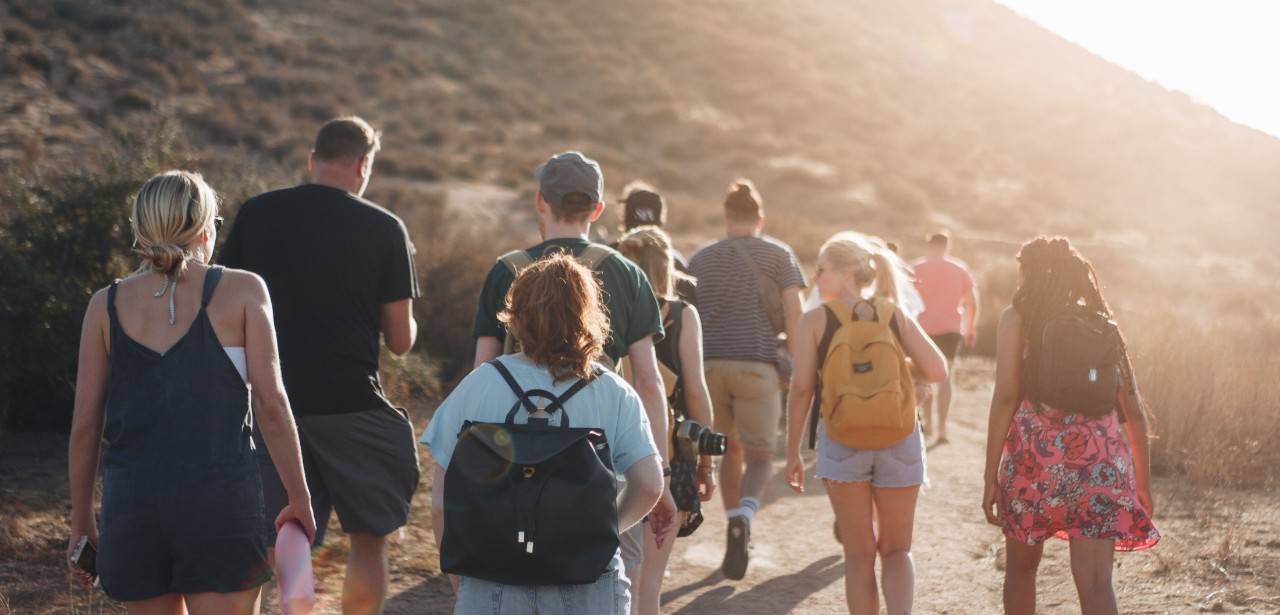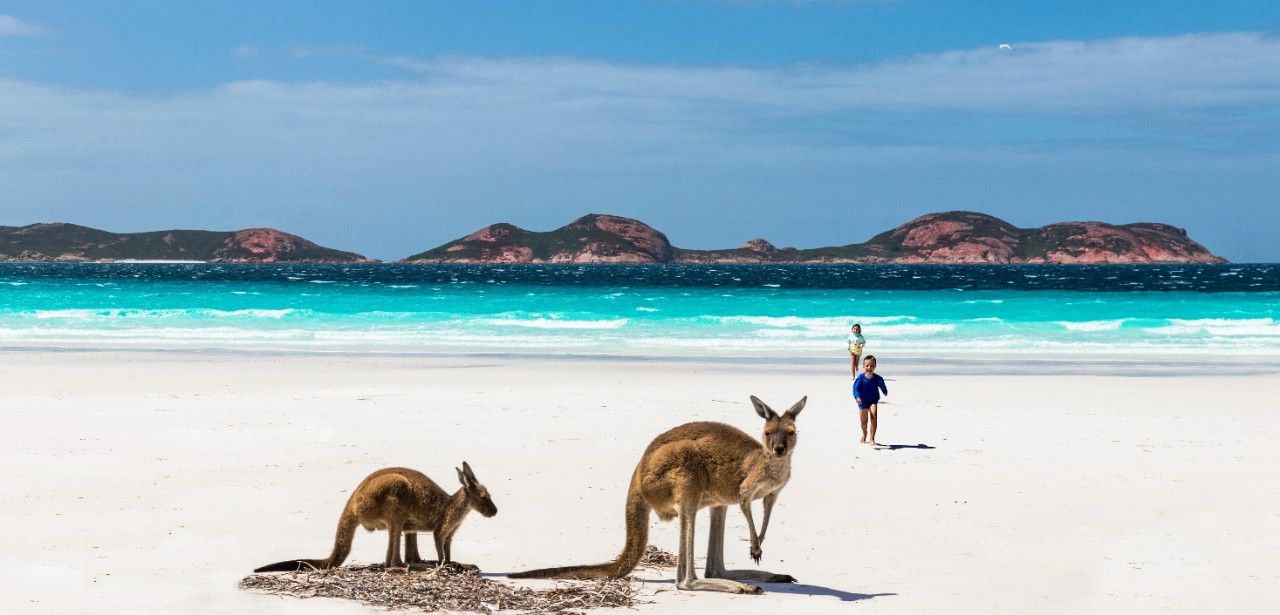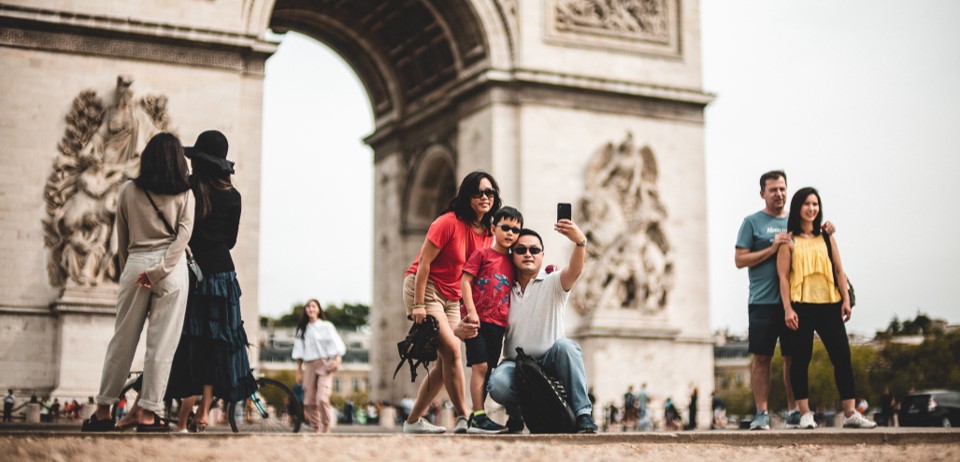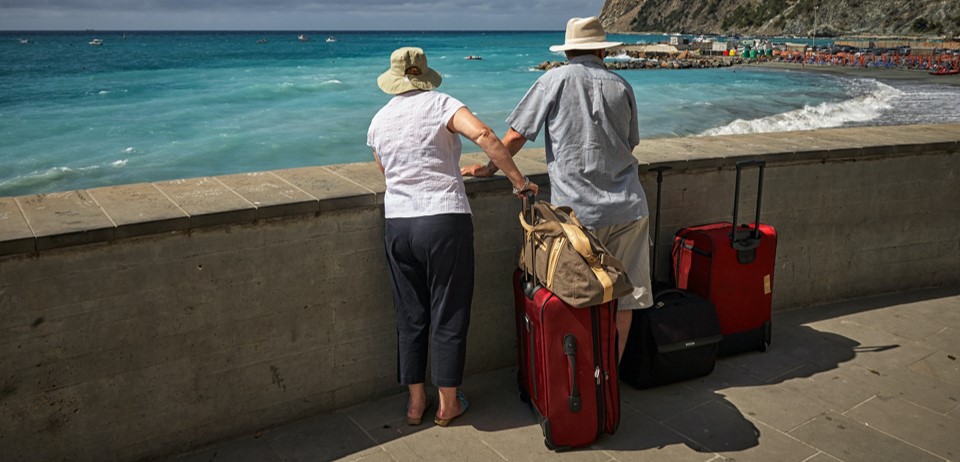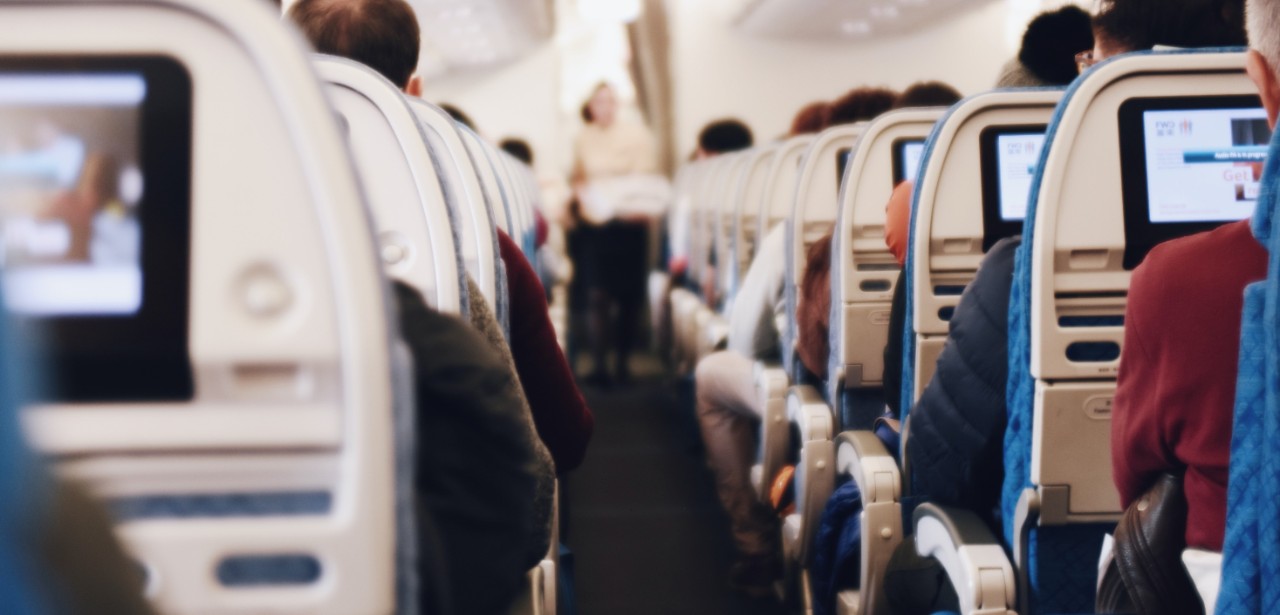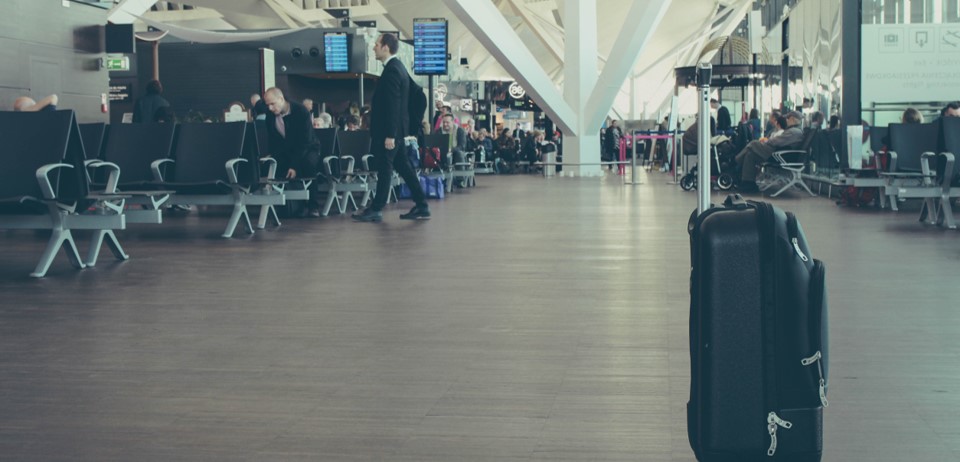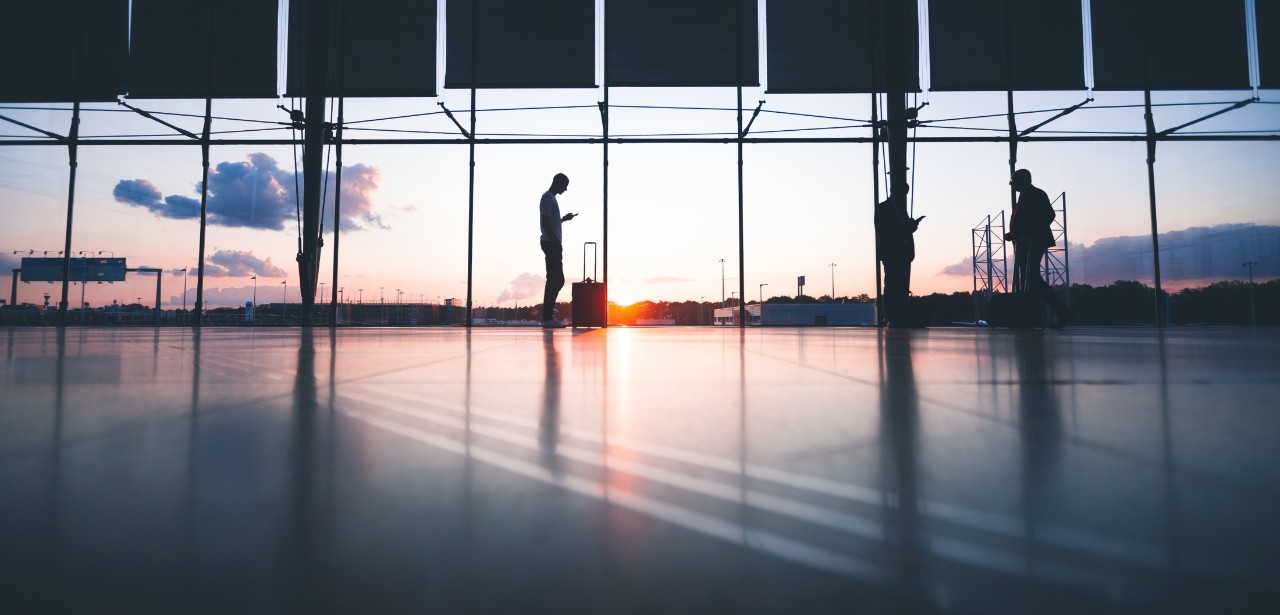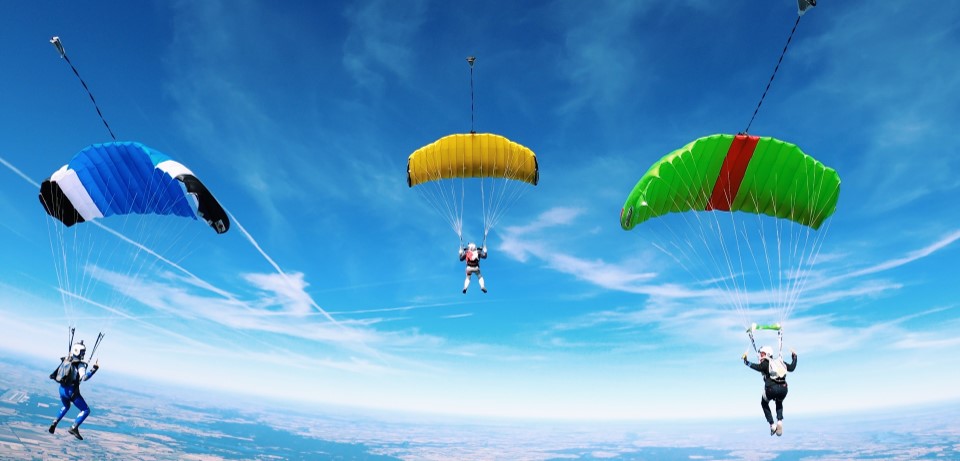COVID-19 (Coronavirus) Outbreak: How to Stay Healthy
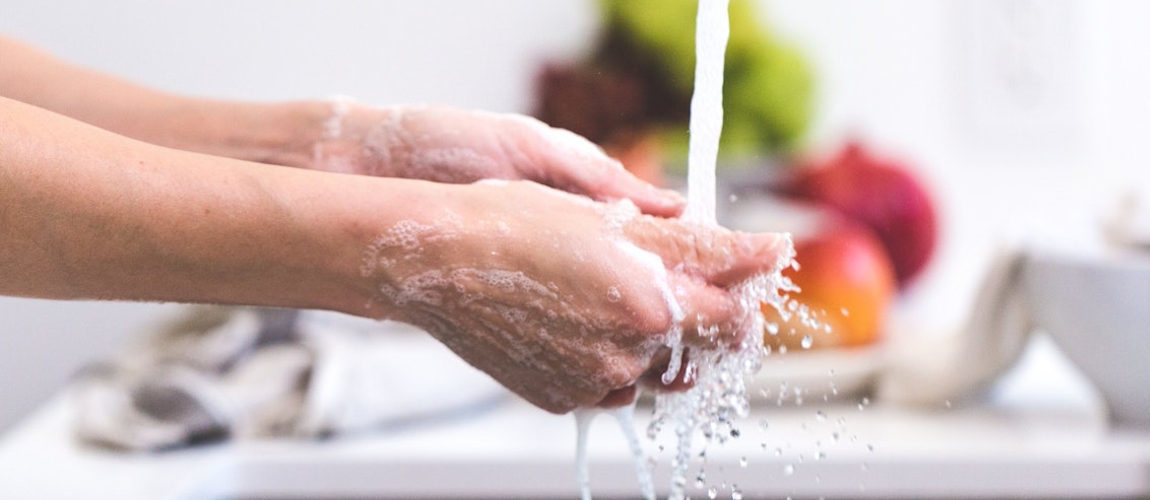
At time of writing there have been 1,623 cases of COVID-19 in Singapore. Sadly, the first two fatalities occurred on March 21. As early as February, the outbreak prompted Singapore to take assertive steps to stem infections - including closing its border to Chinese visitors about a week after the lockdown of Wuhan, the centre of the outbreak. It also imposed strict home quarantine measures and banned gatherings of large groups.
While Singaporean authorities have effectively fought back against COVID-19, the risk of infection remains - particularly from residents and visitors arriving from badly affected areas such as Europe.
Early intervention has meant Singapore's health system has not been overloaded with patients, with the associated pressure on ICU beds and ventilators.
Who is most at risk?
Minimising the chances of contracting COVID-19
There are a number of steps you can take to minimise the chances of being infected by COVID-19. By staying free of the disease you are helping to keep yourself, your relatives and the wider community safe.
● Wash your hands regularly - and for at least 30 seconds
Washing your hands is a simple but highly effective way of reducing the chances of picking up severe acute respiratory syndrome coronavirus 2 (SARS-CoV-2) - which causes COVID-19. And of course, it helps reduce the chances of picking up other bacteria and viruses.
Washing your hands thoroughly kills up to 99% of germs on your hands. As you wash, pay attention to the following areas of your hands:
● Palm to palm
● Between fingers
● Back of hands
● Base of thumbs
● Back of fingers
● Fingernails
● Wrists
● Rinse and wipe dry
Watch the World Health Organization’s hand washing video guide
Wash your hands before and after handling food; meal times; dealing with contact lenses; and taking care of an ill person or a child.
Wash your hands after going to the toilet; blowing your nose; coughing; sneezing; changing diapers; or touching tables, escalator grips, door handles etc.
It's fine to use any type of soap. Alcohol-based sanitisers are effective if you're not near suitable washing facilities.
For more cleanliness tips, check out the 7 Habits of Highly Hygienic People (gov.sg)
● Minimise contact with other people
It is critical to keep contact with other people to a minimum, because close contact increases the chances of transmission. Staying indoors could be the best way to help defeat COVID-19 and keep your relatives and wider community safe.
In Singapore, all events with more than 250 attendees have been suspended until 1 July. Events with fewer people should ensure one metre distancing between attendees at all times. The authorities are urging cafes, restaurants, supermarkets, malls and other businesses to facilitate social distancing.
It is believed COVID-19 is transmitted mainly by:
● Water droplets from infected individuals, as produced by coughing or sneezing (droplets can hang in the air for hours, depending on factors such as wind, temperature and humidity etc). People nearby may breathe in these droplets, or they may land on the nose or mouth.
● Being within 2m (6 feet) of an infected person; making physical contact with someone with the virus (e.g. handshakes)
It is also possible that if someone touches a surface contaminated with COVID-19, and then touches their face (nose, mouth, possibly eyes) then the virus could be contracted. However, water droplets and close contact are thought to be the main ways of contracting the disease.
● Do not touch your face
As any germs on your hands could be transmitted into your body via your mouth, nose or eyes.
● Stay at home if you feel unwell
● Refrain from smoking and other activities that weaken the lungs
Travel during the coronavirus pandemic
Many countries have closed borders to non-nationals (including Singapore) in order to limit the spread of COVID-19. Others may allow entry with applicable health certificates. Visit the IATA for a full list of restrictions by country.
Those intending to travel or who are in the middle of their journey may have their flights cancelled as countries impose further restrictions.
What if my flight is cancelled?
Change of dates - if you have an Allianz Travel policy
Singapore COVID-19 Symptom Checker
National University Health System (NUHS), National Centre for Infectious Disease (NCID) and the Ministry of Health Office for Healthcare Transformation (MOHT) has came up with an online screening tool to run a quick self-check and get basic advice for COVID-19.
This checker helps people living in Singapore decide on what your next steps should be, based on the symptoms you are experiencing, you can try it out here.
Where can I check the travel advisories?
Stay up to date with current Singapore Government advice by visiting the following websites.
Ministry of Foreign Affairs Singapore
*All information stated in this article are understood to be accurate up to the date of publication, but is subject to change as the situation develops.




